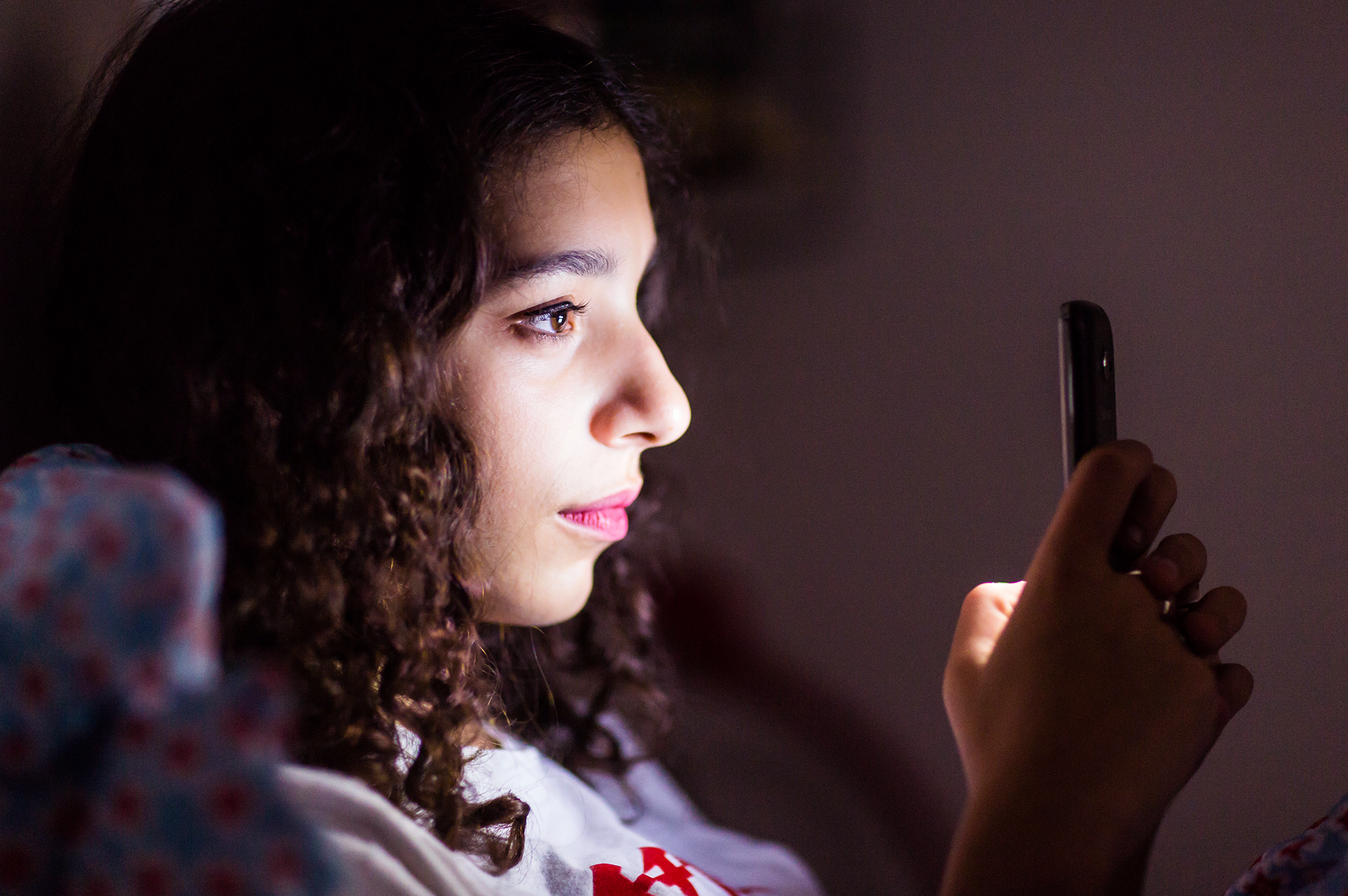The Independent's journalism is supported by our readers. When you purchase through links on our site, we may earn commission.
Sexting is not a bit of harmless teenage fun – it's a crime, and it should be reported to police
Sending or sharing sexual explicit images is a crimial offence. By calling it 'sexting' we are sending a dangerous message to young people that indecent images of them are fair game

According to the latest research, sexting is now a bigger concern for parents of teenagers than smoking or alcohol abuse. A survey of parents by YouGov found that 78 per cent were concerned about the trend and nine out of 10 believed there should be more education on the issue. As a former police officer turned youth coach, I know that’s not enough – education won’t stem the rise of indecent photographs being shared on mobile phones.
Only 13 per cent of parents said they felt that involving police in sexting offenses was an effective way of dealing with the problem. The majority would rather the police stayed out of what they see as a matter of personal development and sex education. This is naïve, and could be setting a very dangerous precedent for young people.
There seems to be a held belief that the offence only occurs if a young person is under pressure to make and send an explicit image, or if a private photo sent to one person is distributed more widely. Most young girls I speak to see no problem in sending a provocative photo to their boyfriend for fun – and they often tell me that teachers and their parents think the same.
But the law on sending indecent or sexually explicit photographs of an under 18 is crystal clear: it is an offence to possess or distribute a prohibited image (an image intended for sexual arousal), or incite another to do so, even if that image is of yourself.
A girl “innocently” sending a picture to her boyfriend, with no coercion, is still committing an offence. A boy asking a girl to send the image commits an offence. A friend egging her on to send the picture commits an offence and of course the person who sends the picture around the school also commits an offence.
I am not saying that we should criminalise every young person who takes or send such pictures, but by not reporting we are legitimising the behaviour. What is the point in educating young people of the potential dangers of sexting if they know that nothing will happen if they take that risk?
I have heard parents laugh off some pictures saying that “they’re just kids” or it was nothing more than “innocent fun”. I am also aware of staff at schools who don’t report sexting when they discover it because they want to keep it ‘in house’, or regard it as a misunderstanding between young people, thinking that they have learned their lesson.
In many cases, this may be true, but it doesn’t help tackle the troubling situations when this isn’t the case. What about the one time that potentially dangerous sexually deviant behaviour is not alerted to the authorities because someone thought they had learned their lesson, or it was all just innocent fun? Whether or not a young person has committed an offence is a question that only experienced police officers can answer.
If we take the approach that education is the best policy, are we then in danger of sexting becoming as commonplace as bullying – an epidemic we seem unable to quell? Bullying is often assault, yet when we call it “bullying” we are less likely to report it as a crime.
Sending sexual explicit image is an offence; call it “sexting” and somehow it is not as serious, giving a potentially dangerous message to young girls (and boys) that indecent images of them are fair game, and passing them around for others to see is OK too.
We must protect our young people by starting to see sexting as the crime it really is. It is not acceptable to break the law, and we should take the sending of explicit images as seriously as we do other crimes. (The same school that dismissed sexting, saying that they would deal with it in house, didn’t think twice about calling the police when a teacher’s purse was stolen.)
While education should play an important part in dealing with sexting, not reporting a sexual offence is a dangerous oversight. Handling it should not be left to teachers and parents.
Sarah Newton is an author, speaker and youth coach with 25 years’ experience working with young people. She has just written her first teen novel, Never Mind My Thigh Gap, together with her daughter
Join our commenting forum
Join thought-provoking conversations, follow other Independent readers and see their replies
Comments
Bookmark popover
Removed from bookmarks